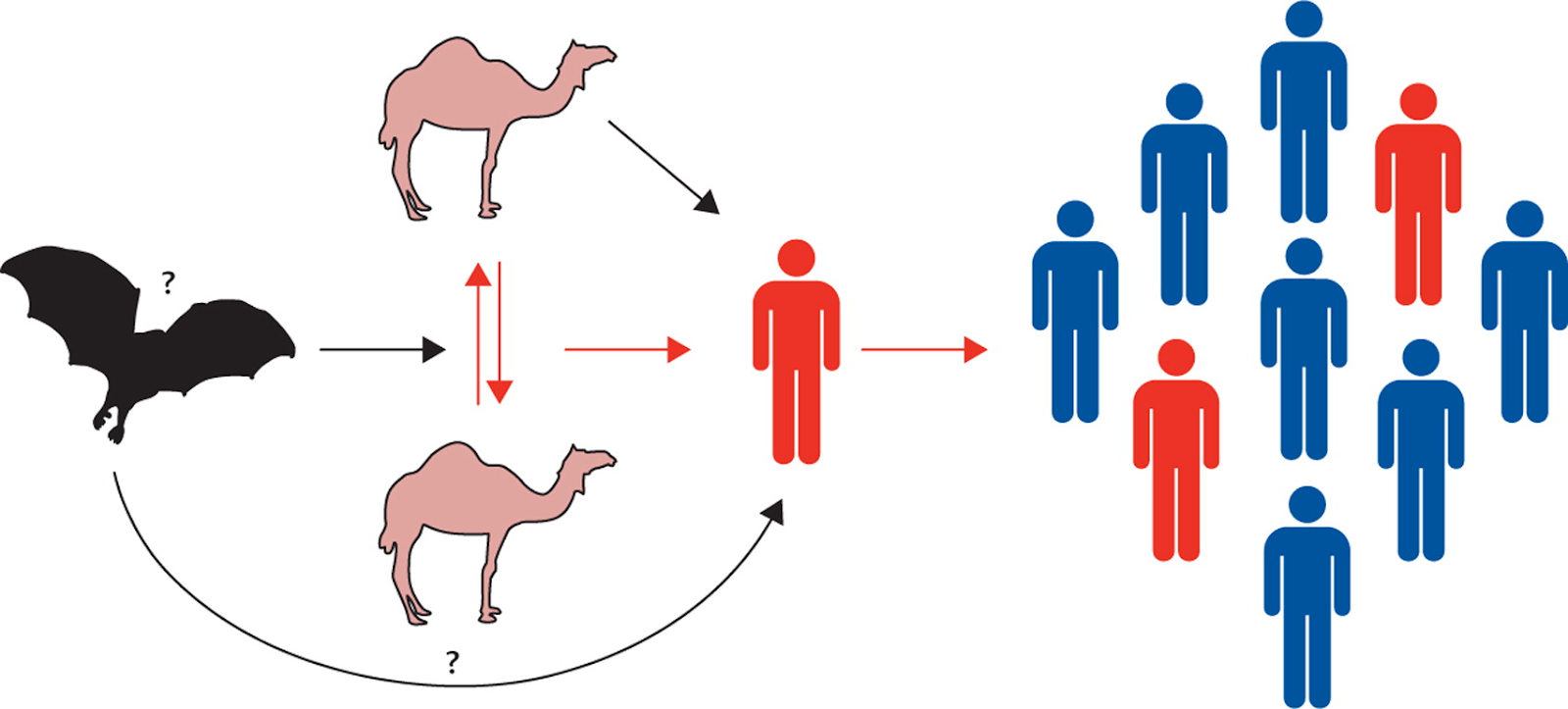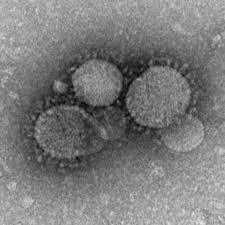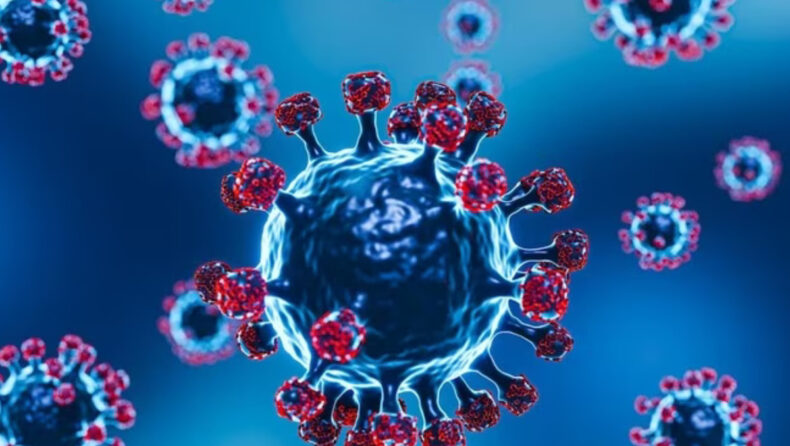The World Health Organization (WHO) has reported a case of the Middle East Respiratory Syndrome Coronavirus (MERS-Covid) in a 28-year-old man from Al Ain City, Abu Dhabi, United Arab Emirates. The man was admitted to the hospital last month after testing positive for MERS-Covid. Fortunately, all 108 individuals who had come in contact with the infected individual were traced and none of them showed any symptoms of the infection, according to the WHO.
According to a statement from the WHO, the patient was admitted to the hospital on June 8th and tested positive for MERS-Covid on June 23rd after a nasopharyngeal swab was taken on June 21st. Fortunately, all 108 individuals who had come in contact with the infected person were monitored for 14 days from the last date of exposure to the MERS-Covid patient. As of now, no secondary cases have been detected.
Although MERS-Covid is commonly contracted from animals such as camels, there were no indications that the 28-year-old man in Abu Dhabi had been in contact with dromedary camels.
MERS-CORONAVIRUS
MERS, which is caused by a coronavirus known as Middle East respiratory syndrome coronavirus (MERS-Covid), is a respiratory infection that primarily affects humans. Dromedary camels are the natural host and zoonotic source of MERS-Covid, and humans typically contract the virus through direct or indirect contact with these animals.

Symptoms
MERS-Covid infections can manifest in a range of ways, from mild respiratory symptoms to severe acute respiratory disease that can result in death. Common symptoms of MERS-Covid disease include fever, cough, and shortness of breath, although not all patients exhibit these symptoms. Pneumonia is a frequent finding in MERS-Covid cases, but it is not always present. Additionally, gastrointestinal symptoms such as diarrhea have been reported in some cases.
Older individuals, people with weakened immune systems, and those with chronic conditions like renal disease, cancer, chronic lung disease, and diabetes appear to be more susceptible to severe disease caused by the MERS coronavirus. In severe cases, the virus can lead to respiratory failure that necessitates mechanical ventilation and treatment in an intensive care unit, which can ultimately result in high mortality rates.
According to the WHO, there have been a total of 2,605 reported cases of the
MERS-Covid infection can lead to severe illness in humans, resulting in a high mortality rate. While it’s estimated that approximately 35% of patients with MERS-Covid have died, this figure may not be entirely accurate as mild cases can go unnoticed by existing surveillance systems.
Currently, the case fatality rates are only calculated based on laboratory-confirmed cases reported to the WHO, and until more is known about the disease, it’s difficult to determine the valid mortality rate.
MERS virus to date, and of those cases, 936 have resulted in death. The MERS coronavirus was initially detected in Saudi Arabia in 2012 and has since been identified in over 27 countries.

Currently, no vaccine or specific treatment is available for the MERS virus. However, there are ongoing efforts to develop MERS-Covid-specific vaccines and treatments. Treatment for MERS is primarily supportive and is based on the individual patient’s clinical presentation and symptoms.
The WHO is actively monitoring the situation in Abu Dhabi and is working closely with healthcare providers and relevant authorities to provide technical guidance on how to prevent the further spread of the MERS virus.
To reduce the risk of contracting MERS-Covid or other respiratory illnesses, it is recommended that individuals frequently wash their hands and avoid close contact with people who are exhibiting symptoms of MERS-Covid or other respiratory illnesses.
It’s also advisable to refrain from touching one’s face with unwashed hands and avoid contact with animals or animal products such as camel meat or camel milk. Moreover, practicing good respiratory hygiene, like using a tissue to cover one’s mouth and nose when coughing or sneezing, is equally important.













